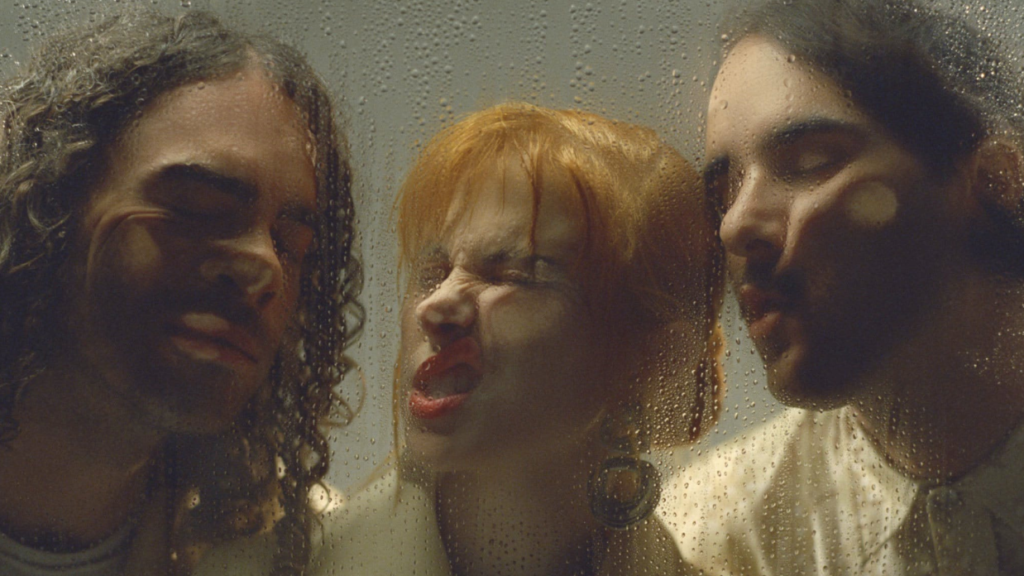It’s 2020, and Miley Cyrus is restless. “I don’t give a fuck, I don’t believe in love,” she proclaims ceremoniously in “Bad Karma,” possibly ruminating over her recent divorce with long-time partner and husband, Liam Hemsworth. That line, backed by a metronomic drum beat and rhythmic moans, perfectly sums up Plastic Hearts.
In her seventh full-length LP, Miley Cyrus is back to doing what she does best: Unapologetically speaking—or rather, singing—her mind. And this time, it’s in defiance of the failure of love to deliver on its promises.
Prior to its release, Plastic Hearts seemed primed to be a seismic shift to Cyrus’s sound. It’s quite apt, then, that an album built on one’s past grievances borrows heavily from the sounds of the years long gone—a trend that’s not amiss in the current landscape of popular music. The difference in this case is Miley’s chosen catalogue of influences: An eclectic mix of Steven Nicks and Billy Idol’s 70s pop/glam rock, pulsating punk (WTF Do I Know, Bad Karma), and even noughties-era indie pop akin to FOALS (Midnight Sky).
There was some indication that in “Prisoner” (featuring Dua Lipa), Miley would ride along the coattails of the recent disco-revival. But she made it her own in classic Miley-fashion, opting to douse the disco track in gasoline and lighting it up rather than sprinkling it with glitter.
The breadth of Plastic Hearts should come as no surprise. Miley Cyrus is no stranger to diversifying the genres she dabbles in. In fact, it’s her calling card. Every release since 2010’s Can’t Be Tamed has seen her dabbling in a number of musical styles, often polarizing fans and disappointing critics.
Notably, the lack of focus and vision in the projects was often cited by critics, which were usually compensated for by huge singles and the spectacle Miley and the records created. However, things appear to be different this time around with Plastic Hearts, as it is probably Cyrus’s most thematically sound release to date.
With barely a major key in sight, Plastic Hearts trounces through its runtime with a deliberately foul yet determined mood. Even in the initially tame country ballad, “High,” the surging chorus where Miley asserts “And I don’t miss you, but I think of you and don’t know why/I still feel high” fits snugly with the rest of the album’s demeanor. “High” in many ways represents her transformation over the years; parallels between “High” and The Climb can easily be drawn, but the former showcases a version of Miley that is vocally and emotionally scarred.
Plastic Hearts is still very much a quintessential Miley record but one that bodes well with both fans and new listeners as compared to her previous releases. By continually going against the grain, Miley’s place as the pop world’s true rebel queen remains intact.
However, it’s still to be seen whether she can continue to stamp her legacy among the pop stars of her generation through sonic innovation rather than resting on the laurels of her reputation and hype. In any case, whether listeners like it or not, Miley Cyrus will continually bang on the doors of the upper tiers of pop royalty, reminding them that she’s definitely not going anywhere.






